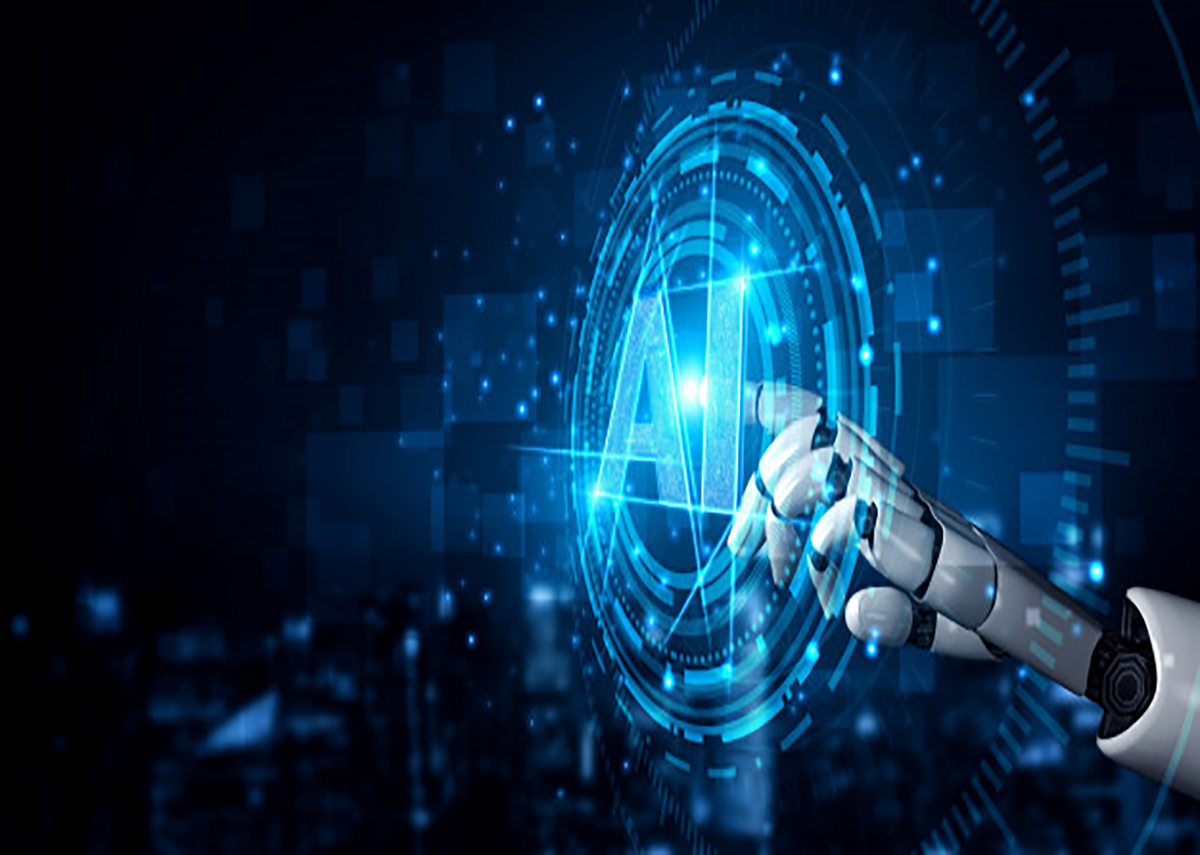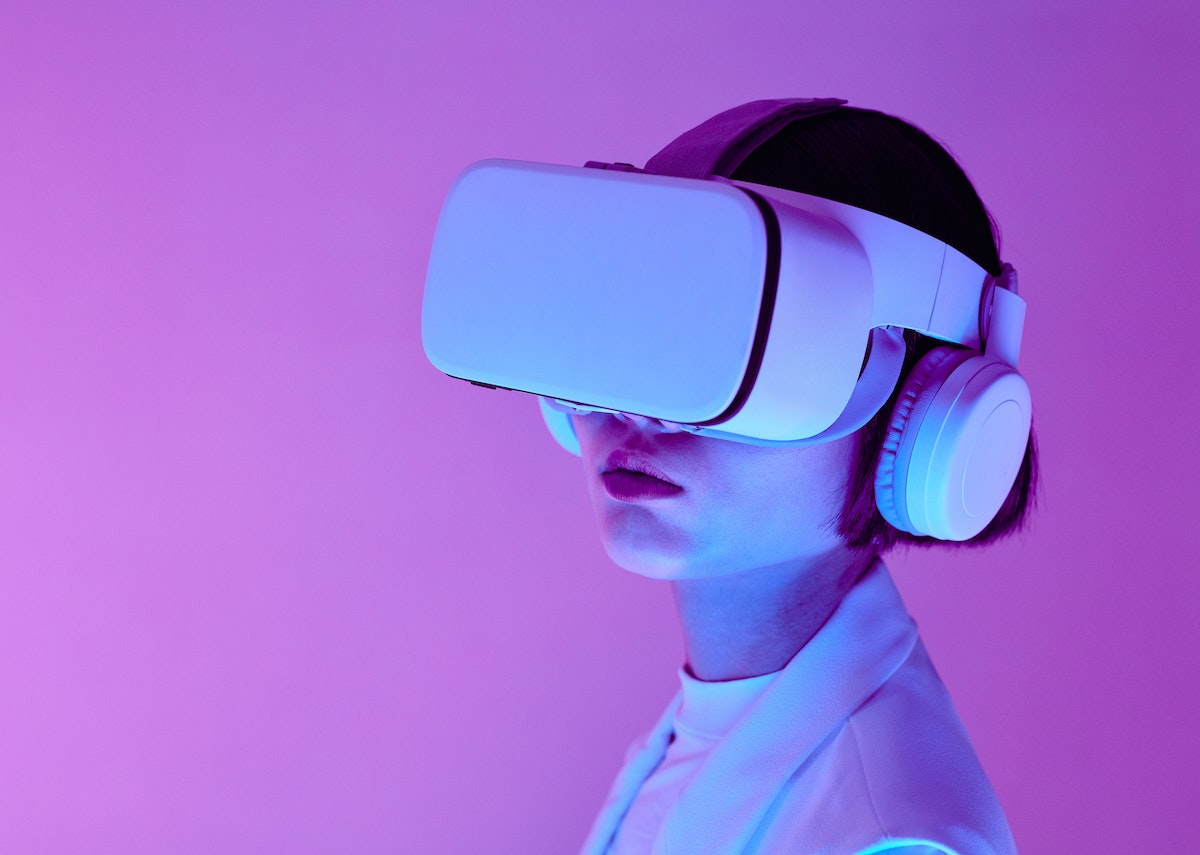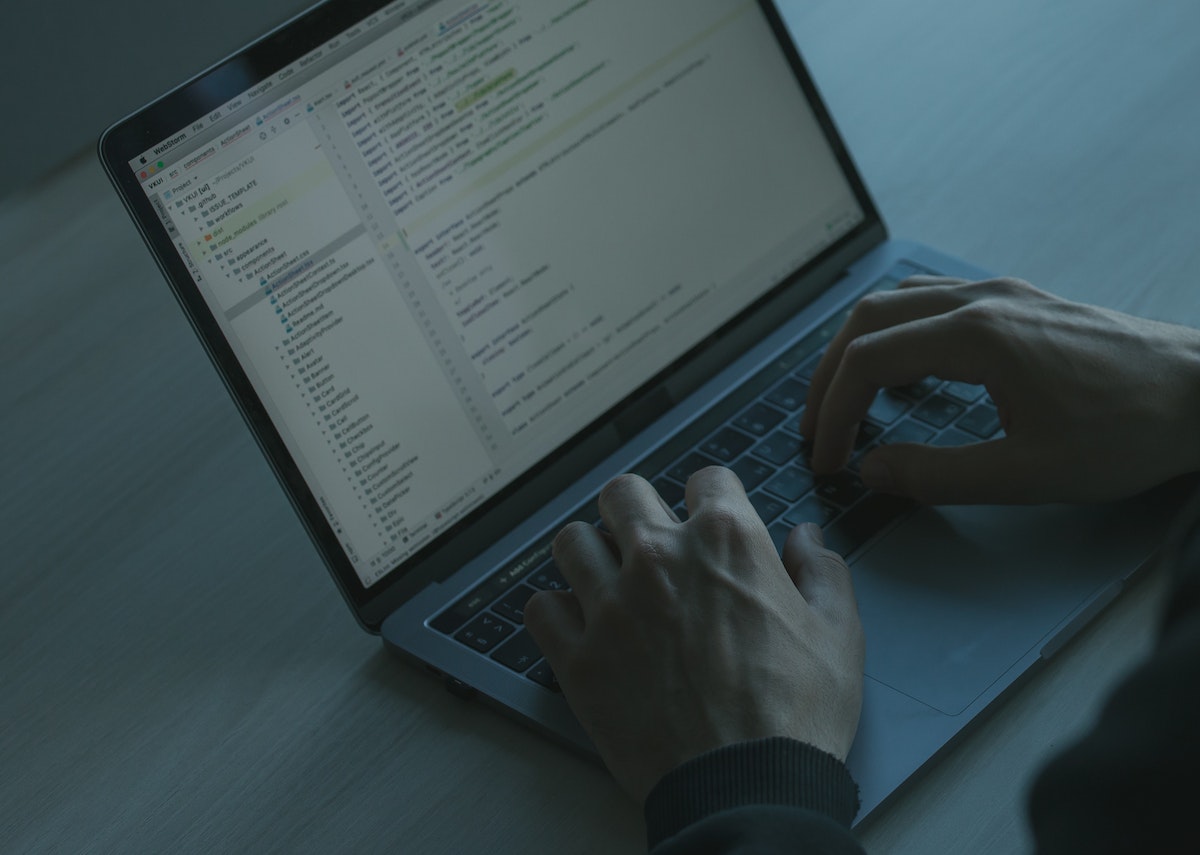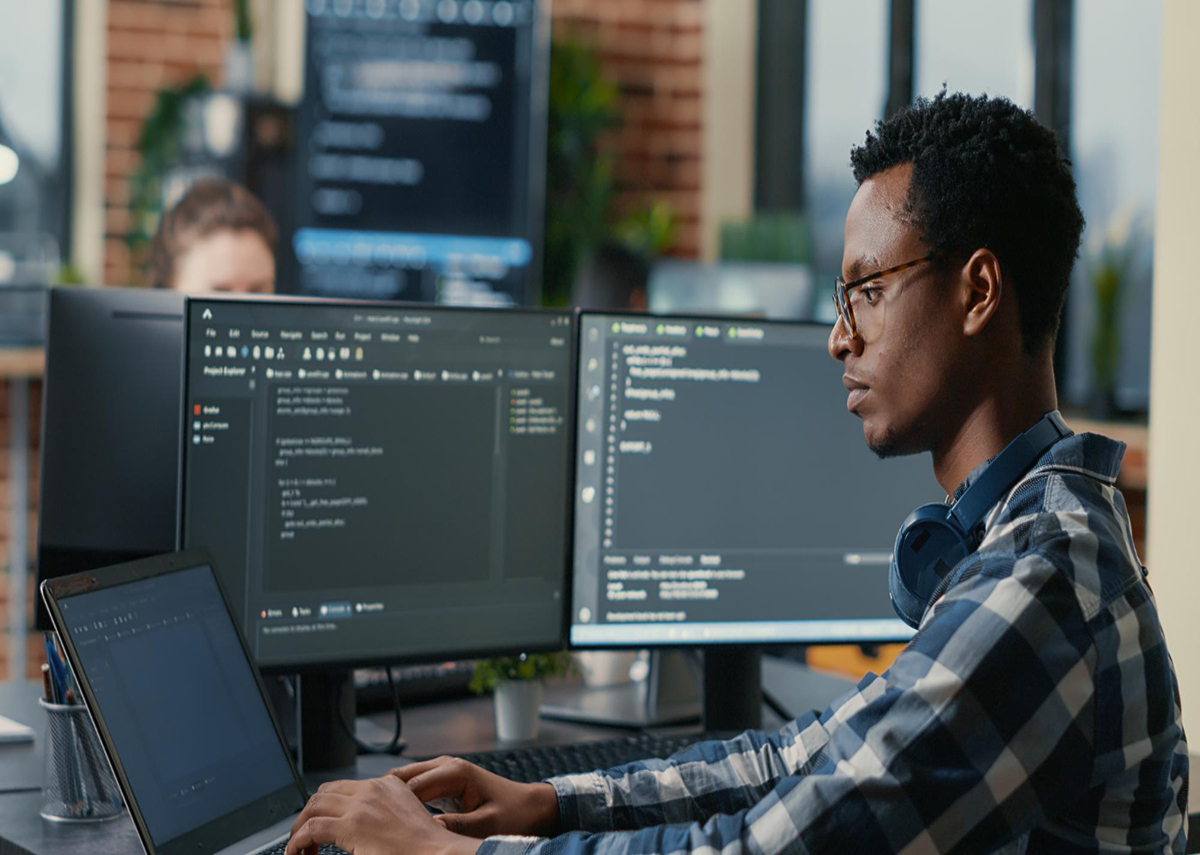Ways In Which AI Can Help Grow Remote Business During COVID-19
Share

COVID-19 has seriously impacted businesses across the world. Many businesses have reached a point of accepting remote working as the new normal. AI has been contributing to improving business solutions and making them capable of adapting to the changes in the business environment. What is the exact mechanism by which AI improves remote business functions, especially during a pandemic?
AI enables business owners to bring a balance between demand and supply. It has also excelled in handling back-office tasks, verifying identity and documents, and even offering medical support when needed. Here are 4 ways in which AI improves remote business during a pandemic.
Balancing Demand And Supply
Businesses are showing a keen interest in balancing demand and supply. The success rate of doing this determines the overall success rate of the business by running the remote service.
The information society we live in offers unlimited external data at the touch of a button. AI solutions are capable of examining external data to find out possible future areas of demand. Businesses are left with no previous models to follow in the process of coordinating their activities during the COVID-19 crisis. Business entities should have to ensure that the information and details they use represent the reality of the current situation.
Handling Back Office Tasks
Its ability to automate high priority tasks like back-office tasks is one of the major benefits of AI. Back office tasks include the issuance of refunds, cancellation of orders, placing orders for new credit cards, and more. These tasks are very repetitive and can be easy for workers to forget them. AI cognitive assistants can effectively handle these tasks with impressive ease.
In case, artificial intelligence finds a task to be very complex for it to handle, it seamlessly hands off the task to a remote working human agent. Here, a repetitive task is assigned to robotic process animation while manpower is used to challenge high-value problems. If the COVID-19 crisis extends to the future and leads to depression gripping the economy, AI cognitive assistants will be able to play more significant roles in back offices.
Verification Of Identity And Documents
Artificial intelligence has proved its expertise in handling document identity and verification tasks. For instance, a security company that needs entity extraction in the process of verifying the identity of an employee might select artificial intelligence over human checkers. Artificial intelligence then identifies document types and their legitimacy by verifying that the image on the document and the face of the job applicant matches. AI tools are capable of efficiently handling verification jobs of this kind.
Medical Support
The COVID-19 crisis has put immense pressure on the health system. In some cities, the health system has nearly reached the point of collapsing. AI can be used as a temporary buffer that facilitates the diagnosis of non-critical ailments. Thereby, healthcare businesses and medical professionals get more time to focus on critical cases originating from the pandemic or some other sources.
Many tech companies have already made or are in the phase of testing advanced health apps that are based on AI. Using clinically approved diagnostic practices, the apps have proved their efficiency in diagnosing patient issues. Reducing or preventing face-to-face interactions between hospital staff and patients is the key to decrease the risk of spreading infection.
AI is being used in various industries to increase safety, improve the efficiency of industrial operations, and divert the human workforce to more important tasks. There is no doubt that the use of AI has only increased in the present business environment challenged by the unexpected changes brought by the pandemic.




